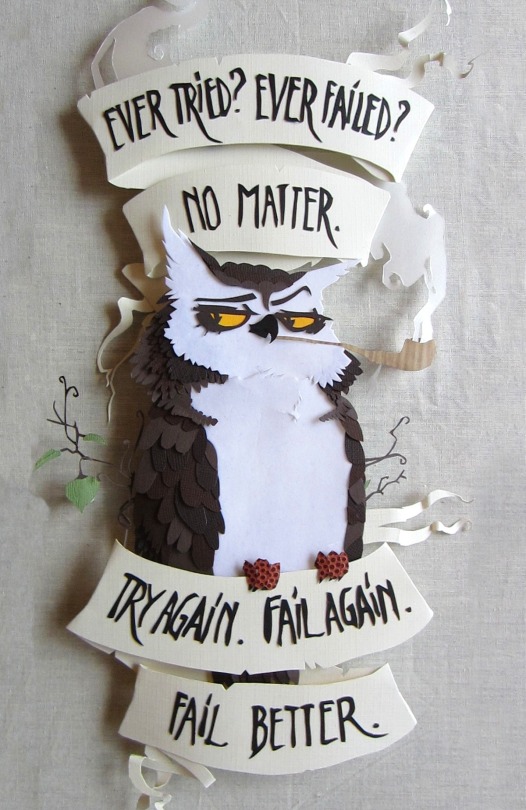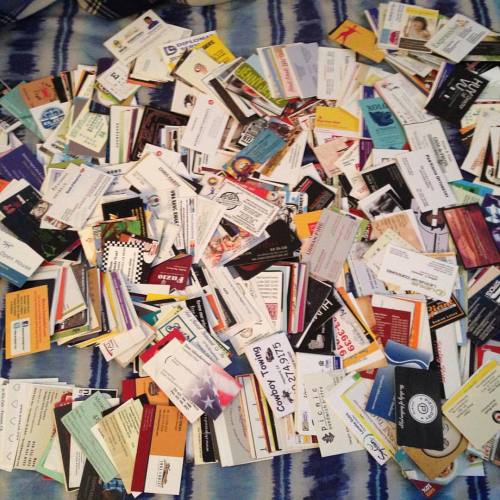Knowing How To Be Solitary Is Central To The Art Of Loving. When We Can Be Alone, We Can Be With Others
Knowing how to be solitary is central to the art of loving. When we can be alone, we can be with others without using them as a means of escape.
Bell Hooks (via childrenofthetao)
-
 lesbiana--jones reblogged this · 7 years ago
lesbiana--jones reblogged this · 7 years ago -
 atouchofsoft liked this · 10 years ago
atouchofsoft liked this · 10 years ago -
 tshepi-behaviour reblogged this · 10 years ago
tshepi-behaviour reblogged this · 10 years ago -
 bluemoonkris reblogged this · 11 years ago
bluemoonkris reblogged this · 11 years ago -
 exposecorruption reblogged this · 11 years ago
exposecorruption reblogged this · 11 years ago -
 nyebevans liked this · 11 years ago
nyebevans liked this · 11 years ago -
 ratchetconsciousness liked this · 11 years ago
ratchetconsciousness liked this · 11 years ago -
 mostprobablydrinkingtea reblogged this · 11 years ago
mostprobablydrinkingtea reblogged this · 11 years ago -
 shewhotumbls reblogged this · 11 years ago
shewhotumbls reblogged this · 11 years ago -
 liminalkitty369 reblogged this · 11 years ago
liminalkitty369 reblogged this · 11 years ago -
 lala264 liked this · 11 years ago
lala264 liked this · 11 years ago -
 unicornsapplesglitterpuke reblogged this · 11 years ago
unicornsapplesglitterpuke reblogged this · 11 years ago -
 up4more liked this · 11 years ago
up4more liked this · 11 years ago -
 loverofcritique liked this · 11 years ago
loverofcritique liked this · 11 years ago -
 cupid-andpsyche-deactivated liked this · 11 years ago
cupid-andpsyche-deactivated liked this · 11 years ago -
 lukewarmcoffee-blog liked this · 11 years ago
lukewarmcoffee-blog liked this · 11 years ago -
 nubbynails reblogged this · 11 years ago
nubbynails reblogged this · 11 years ago -
 nubbynails liked this · 11 years ago
nubbynails liked this · 11 years ago -
 becauseimafuckinglady reblogged this · 11 years ago
becauseimafuckinglady reblogged this · 11 years ago -
 amulet-ring liked this · 11 years ago
amulet-ring liked this · 11 years ago -
 theblackestdahlia liked this · 11 years ago
theblackestdahlia liked this · 11 years ago -
 queenof-carrotflowers liked this · 11 years ago
queenof-carrotflowers liked this · 11 years ago -
 semaatahir liked this · 11 years ago
semaatahir liked this · 11 years ago -
 awakeandscreaming-blog liked this · 11 years ago
awakeandscreaming-blog liked this · 11 years ago -
 platanosfritos liked this · 11 years ago
platanosfritos liked this · 11 years ago -
 femmejota reblogged this · 11 years ago
femmejota reblogged this · 11 years ago -
 lickinganorchid liked this · 11 years ago
lickinganorchid liked this · 11 years ago -
 mickui liked this · 11 years ago
mickui liked this · 11 years ago
More Posts from Daoismdiscussions

Hello, I have been looking into Daoism as a faith. I was wondering if you think it would be against Daoist belief to be Transgender or Gay?
As I have written about before, I don't think it's necessary to consider Daoism as a religion, per se; you could think of it more like a collection of ideas to set yourself more at ease with the world around you. Therefore, it's not as if there are any strict adherents or practices that one must follow in order to be considered a "good" Daoist; you are free to live your life however you choose to live it.
That said, I have also previously written about the need for discernment in our lives when it comes to following our "gut feelings." By checking ourselves before we act on our choices, we can save ourselves a great deal of trouble down the road. I believe a great deal of Daoism's power comes from accepting yourself as you are, which means avoiding unnecessary labels or practices to change yourself. You are you, period. There should be no need to alter one's body in order to more cleanly fit into someone else's categories; if we want to change ourselves it needs to be for ourselves and on our own terms.
I suppose in practice it might seem like the same thing, but clarifying one's own motivation is an important step to figuring out our own identity. In short, there is nothing wrong with being Trans or Gay, but spend lots of time defining yourself before adhering to someone else's labels.
Hello! I was wondering about your opinion on how mental illnesses are viewed from a taoist perspective. As much as I love this philosophy and as much as it has influenced my life, sometimes I get the feeling that it doesn't really take mental illnesses into account and disregards them as "not working enough on yourself". Especially thinking about depression and Chronic Fatigue Syndrome. I don't know how to deal with these issues from a taoist perspective. Thank you in advance & have a good day!
Hi! I am so glad you asked this question because I think about this a lot. I suffer from anxiety and periods of depression, so I know how frustrating it can be. Taoism is actually one of the two main things that have helped me deal with it. I can’t think of anything in either the Tao Te Ching or the Chuang Tzu that specifically addresses mental illness, but I definitely don’t think that Taoism disregards it.
Keep reading
Do you have a list of books or other resources on Daoism that you've found to be the most useful?
There's a lot of great books on Daoism, so it's hard to say what have been the "most" useful. Of course, the original text by the old man is probably the best place to start. Most translations are pretty solid, just be careful about those that try to insert their own commentary into the text.
The Dalai Lama's "Beyond Religion" is definitely one of my favorite books on religion and life philosophy, and I highly recommend giving it a read. It's simple and practical and insightful, which I think is the way Daoism should best be approached.
I also recommend "The Tao of Pooh," which I understand to be the gateway book for a lot of people into Daoism. Again, it is a book that is easy to understand and preaches a simple happiness for us all. There are lots of folks who want to write deeply and extensively about the Path, Life, and the universe, but starting with simplicity is the best idea, in my opinion.

I don't even remember why I started, only that it was a long time ago on a whim. Something about making a clever statement on the nature of capitalism, I think. And then I kept it going, kind of like a silly ritual for when folks would come back from trips. And when I started going to conventions, it became an exercise in researching design, exploring the many ways to summarize oneself on a tiny piece of cardboard. It was a mnemonic device, each card holding a specific memory of the person I received it from, or at least that was an idea. And I kept taking them, piles and piles of them, filling up books and bags and tiny novelty filing cabinets. But now that I've dug around my life, I can honestly say they don't have much meaning for me any more. The world has changed, and I have changed. And I think it's good to release the past in this way. So thank you, to everyone that's ever given me one of their tiny pieces of cardboard, thank you for the memories.